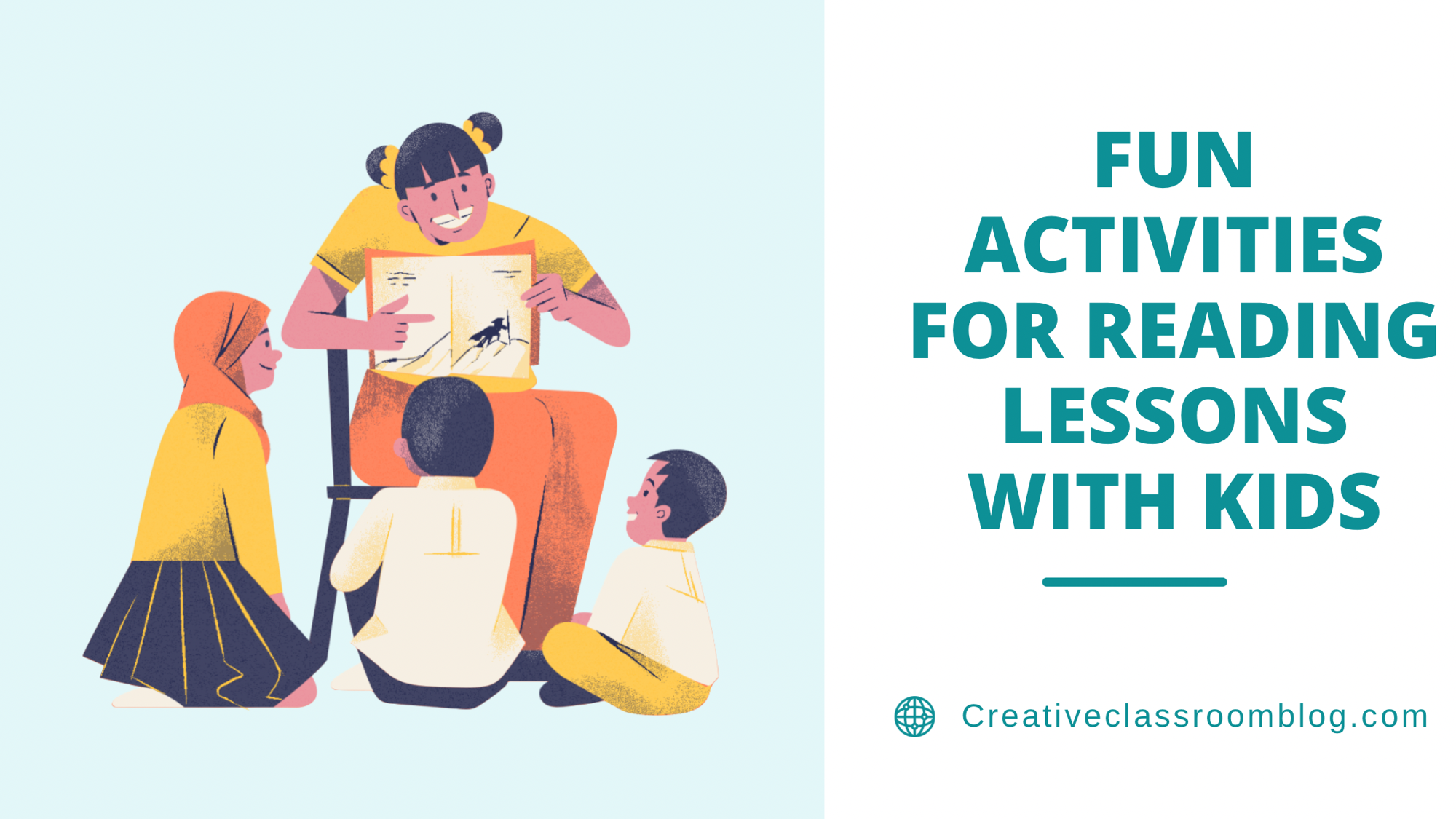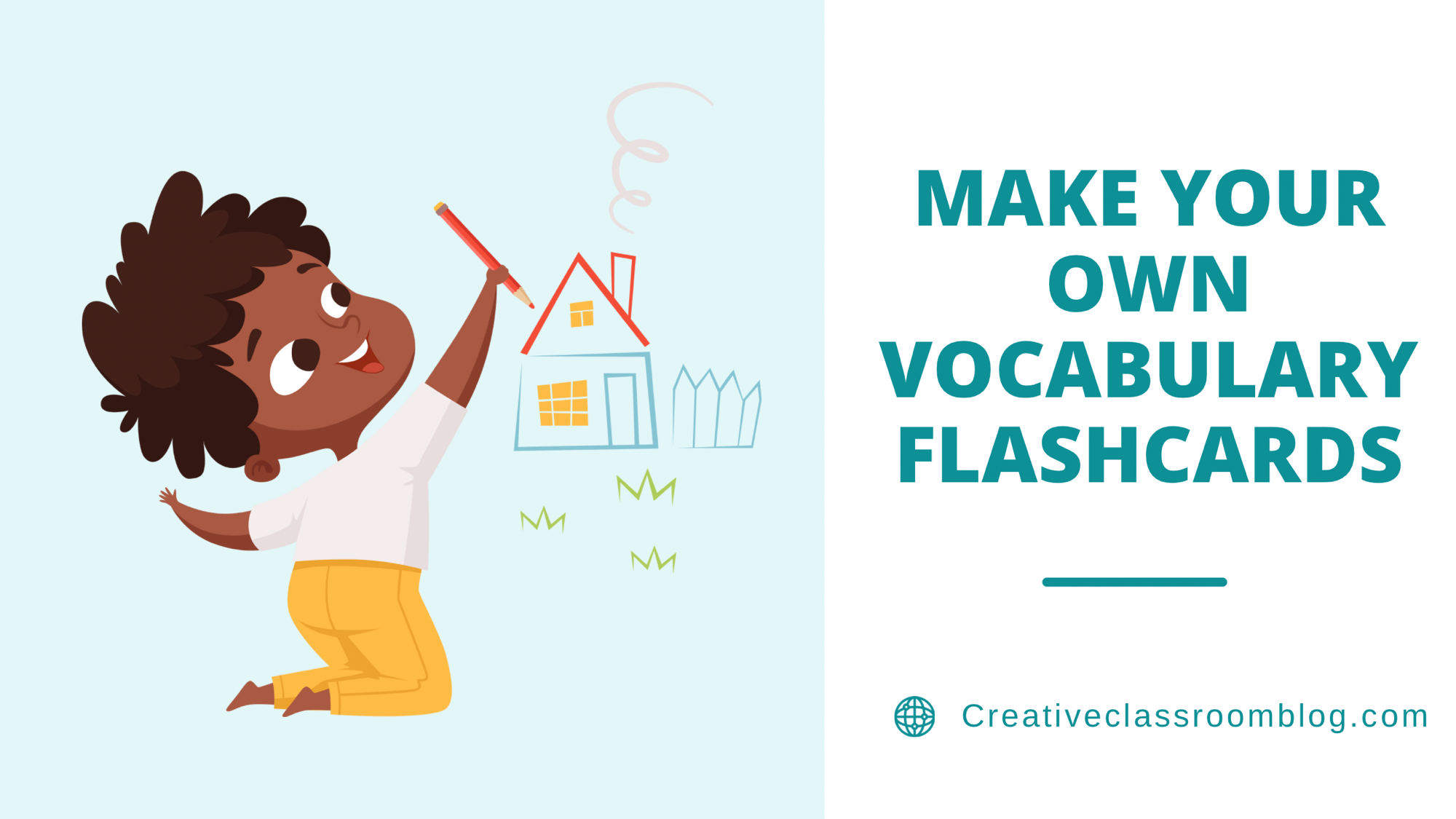Welcome back to Creative Classroom! Today, I’m excited to explore how we can incorporate art into our reading lessons to boost comprehension and engagement among our kindergarten students. Integrating creative activities not only makes learning more enjoyable but also helps reinforce understanding of the material—without requiring extensive prep time!
Why Use Art in Reading Lessons?
Art can transform reading comprehension from a passive activity into an interactive experience. When students engage with the content creatively, they’re more likely to remember what they read and develop a deeper connection to the material. Plus, these activities can easily fit into your prescribed curriculum.
Simple Art Ideas for Reading Comprehension
1. Simple Puppets
One of my favorite projects was during our month of reading about fruits and vegetables. I used card-stock paper to create fun fruit and vegetable puppets. The students cut out shapes, already printed, and coloured them to resemble their chosen items. To bring the puppets to life, they kids drew a mouth and we added some googly eyes. They came out so cute.
We then, used the puppets to say a line from the book we were reading that corresponds to the puppets. This activity not only made the lesson memorable but also encouraged them to express their understanding in a playful way.
Materials Needed:
- Card stock paper
- Scissors
- Colours
- Googly eyes
For a simplified version, you can print out images of fruits and vegetables on cardstock. The kids can color them, and then you can have a puppet show where they share their lines!
2. Story Collages
Another easy activity is creating story collages. After reading a story, have students draw or cut out pictures from magazines that represent key elements of the plot or characters. This helps them visualize the story and reinforces comprehension through artistic expression.
Materials Needed:
- Old magazines or printed images
- Glue
- Construction paper
3. Character Masks
Creating character masks is a fun and interactive way for students to dive deeper into characters from a story. After reading, let each student choose a character and create a mask using paper plates or printed templates. They can then act out scenes from the book, which enhances their understanding of character motivations and emotions.
Materials Needed:
- Paper plates or printed templates
- Markers, crayons, or paint
- Scissors
4. Illustrated Story Sequence
For students who may not feel confident in their drawing skills, consider creating an illustrated story sequence. Instead of having them draw, provide them with printed images or simple icons that represent key events from the story. Students can cut out these images and glue them onto a piece of paper in the correct order, creating a visual sequence of the story.
Materials Needed:
- Printed images or icons related to the story
- Scissors
- Glue
- Construction paper
Final thoughts..
Incorporating art into reading comprehension lessons is a powerful way to engage young learners and enhance their understanding of the material. These activities require minimal prep time and can easily be integrated into your existing curriculum. Whether it’s through puppets, collages, or illustrated sequences, your students will love expressing their creativity while deepening their comprehension skills.
I’d love to hear how you incorporate art into your reading lessons! Share your experiences or any creative ideas in the comments below. If you found this post helpful, don’t forget to subscribe to Creative Classroom for more simple and effective teaching strategies. Let’s inspire each other to make learning fun and engaging for our students!


